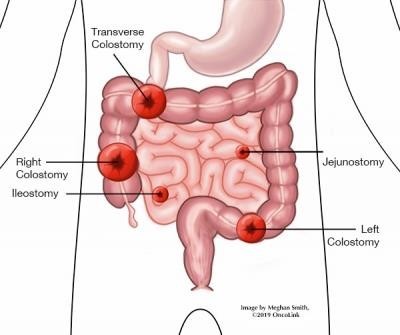A nurse is assisting in the care of a client. Nurses' Notes
2000:
The client presents to the emergency department and states, "I have been assaulted." The client was immediately placed in a treatment
room. 2015:
"The client states they were out with friends this evening and had "a little too much to drink." The client states that they fell asleep at their friend's house and when they woke up all of their clothes were off and their genitals were sore. The client states, "I think someone had sex with me, but I don't remember anything." The client reports a history of depression. The client is a full-time college student who lives with roommates. The client admits to drinking socially but denies illicit drug use and tobacco use.
Which of the following interventions should the nurse plan to implement? Select all that apply.
Contact children and youth services.
Provide resources to the client for the local Alcoholics Anonymous chapter.
Request a consult for case management.
Maintain a safe and private environment for the client.
Administer sexually transmitted infection prophylaxis.
Provide resources for local support services.
Correct Answer : C,D,E,F
Case management can be beneficial in situations involving assault to help coordinate and provide ongoing support and resources for the client. This intervention is appropriate in this scenario.
Ensuring a safe and private environment is crucial to protect the client's confidentiality and provide a supportive atmosphere during this difficult time. This intervention is necessary.
Since the client reports being assaulted and has sore genitals, it is important to consider the risk of sexually transmitted infections (STIs). Administering STI prophylaxis can help prevent potential infections.
The client may benefit from additional support services such as counseling or support groups. Providing resources for local support services can help the client access the necessary help and support they need.
Contacting children and youth services is not applicable in this scenario as the client is a full-time college student and not a child or youth.
While the client mentioned drinking, it is not explicitly stated that they have an alcohol addiction or problem. Therefore, providing resources for Alcoholics Anonymous may not be the most appropriate intervention at this time.
Nursing Test Bank
Naxlex Comprehensive Predictor Exams
Related Questions
Correct Answer is D
Explanation
Restlessness can be an indicator of unrelieved pain in a client who is receiving a spinal epidural to treat a herniated disc. Restlessness is often a manifestation of discomfort or agitation, which can be caused by inadequate pain management. When a client's pain is not adequately relieved, they may exhibit restlessness as they try to find a more comfortable position or seek relief from the discomfort.
Urinary retention (option A) is incorrect because it can be a side effect of certain medications used in pain management, such as opioids, but it is not a specific indicator of unrelieved pain. It is important to monitor for urinary retention as a potential complication of spinal epidural anaesthesia, but it is not directly related to pain relief.
Constipation (option B) is incorrect because it is another possible side effect of opioid medications, but it is not a specific indicator of unrelieved pain. It is important to address constipation as a potential adverse effect of pain management, but it is not a direct indicator of pain relief.
Difficulty swallowing (option C) is incorrect because it is not a common indicator of unrelieved pain in the context of a spinal epidural. It may be associated with other conditions or complications but is not specifically related to pain relief.

Correct Answer is B
Explanation
I will notify my doctor if the stoma starts to look purple
The comment by the client indicating an understanding of the teaching is option B: "I will notify my doctor if the stoma starts to look purple."
I will irrigate the colostomy every day in (option A) is incorrect. Colostomy irrigation is not necessary for all clients with an ascending colostomy. It is important to individualize the teaching based on the client's specific needs and healthcare provider's instructions. Routine colostomy irrigation may not be required, and the client should follow the healthcare provider's guidance regarding colostomy care.
I will no longer be able to eat nuts in (option C) is incorrect. There are generally no dietary restrictions for clients with an ascending colostomy, unless otherwise advised by their healthcare provider. It is important to provide accurate information about dietary considerations, which may vary based on individual circumstances and healthcare provider recommendations.
I should expect my stool to be formed in (option D) is incorrect. With an ascending colostomy, the stool is typically liquid or semi-liquid as it comes from the ascending colon, which is higher in the gastrointestinal tract. The stool is not expected to be formed. It is important for the client to have appropriate expectations regarding stool consistency to manage their colostomy effectively.

Whether you are a student looking to ace your exams or a practicing nurse seeking to enhance your expertise , our nursing education contents will empower you with the confidence and competence to make a difference in the lives of patients and become a respected leader in the healthcare field.
Visit Naxlex, invest in your future and unlock endless possibilities with our unparalleled nursing education contents today
Report Wrong Answer on the Current Question
Do you disagree with the answer? If yes, what is your expected answer? Explain.
Kindly be descriptive with the issue you are facing.
